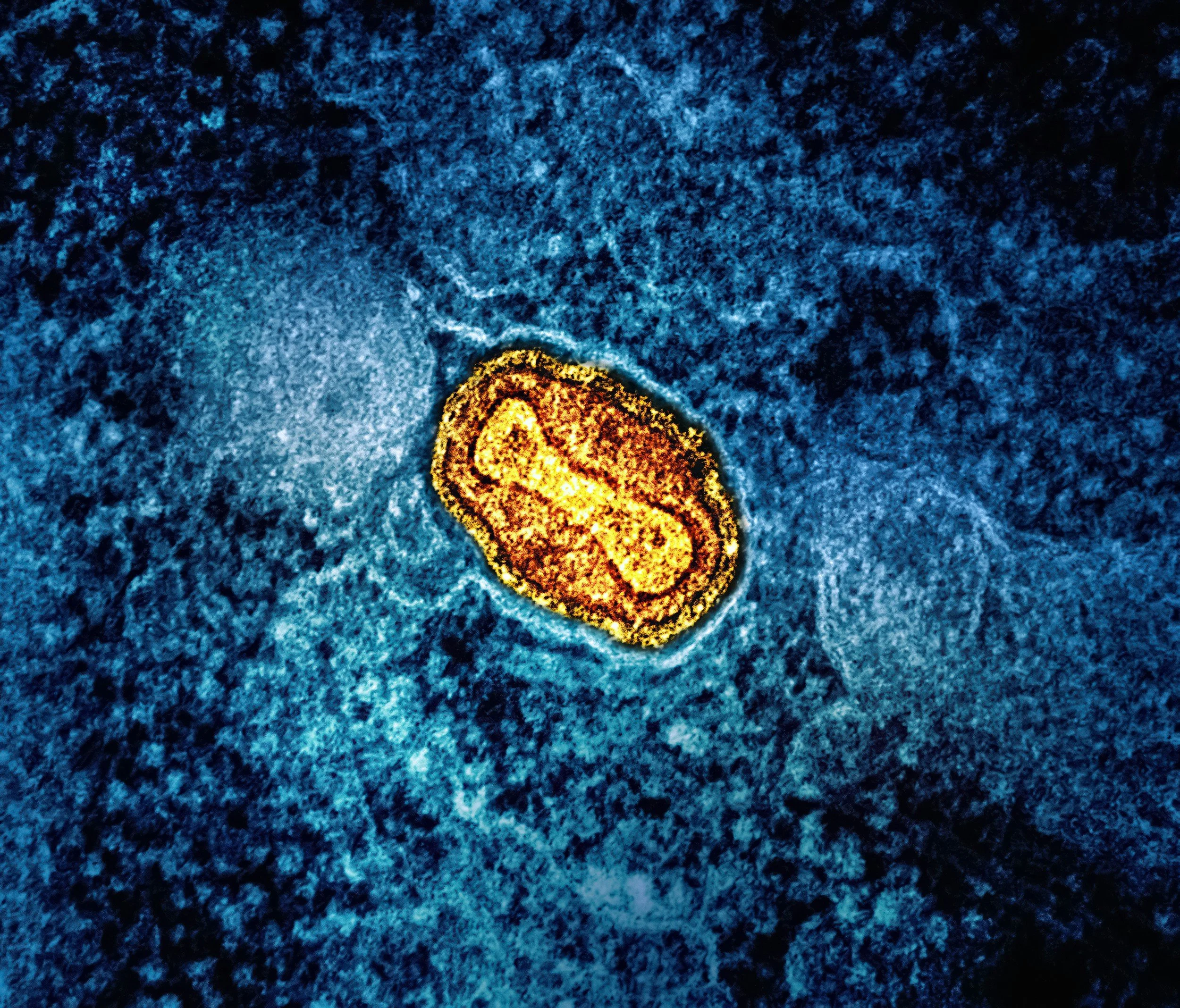When it comes to weight loss, macro tracking — counting protein, carbohydrates, and fats — is often promoted as the most effective approach. While tracking macros can be helpful for short-term awareness, in my work as a functional medicine practitioner at Denver Holistic Medicine, I’ve found that sustainable weight loss is rarely just about numbers.
Read MoreIf you’re in perimenopause or menopause and feeling exhausted, foggy, inflamed, gaining weight more easily, or struggling with mood and sleep, you’re not imagining it — and it’s not “just aging.”
One of the most overlooked drivers of hormone symptoms during this transition is mitochondrial health.
At Denver Holistic Medicine, we see this every day: when we support mitochondria, hormone balance becomes far more achievable.
Read MoreEndometriosis is far more than a “bad period.” It’s a chronic, hormone-driven, inflammatory condition in which tissue similar to the uterine lining grows outside the uterus. It thrives on estrogen, scar tissue forms, pain develops, and fertility may be challenged. Many women with endometriosis also struggle with what’s called progesterone resistance— a silent but significant barrier to healing.
Read MoreOne of the most common concerns women share with me during perimenopause is: “Why can’t I think clearly anymore?” Many describe it as brain fog, forgetfulness, or difficulty concentrating. While frustrating, these changes are not “all in your head”—they have a true physiological basis.
Read MoreIf you’ve ever stepped on a smart scale, hoisted yourself into a DEXA scan—or simply felt concerned after noticing your muscle mass percentage—you’re not alone. Understanding what constitutes a healthy muscle mass for women by age can be transformative, not just for fitness goals, but for lifelong vitality.
Read MorePerimenopause is a time of hormonal shifts and often, confusion. One common imbalance I see in my practice is estrogen dominance, but not always in the way you might expect. Understanding how and why it happens—including the difference between relative and actual estrogen dominance—and how your body metabolizes estrogen via the 2-OH, 4-OH, and 16-OH pathways can empower you to make meaningful changes.
Read MoreMany women are told that menopause happens sometime in your 50s and that maybe, just maybe, you’ll get a few hot flashes along the way. But here’s what I see in my practice every day:
Women in their late 30s and 40s feeling like something is “off,” even though their lab results look normal. They’re told to wait. To brush it off. To accept that “this is just what getting older feels like.”
Read MoreAs a functional medicine doctor and women’s health fitness specialist, I often hear this question from patients in their 40s: “Why is it suddenly so hard to maintain my weight, energy, and mood?”
The answer often lies in the natural hormonal shifts that come with perimenopause—and one of the most powerful tools I recommend to support your body through this transition is strength training.
Let’s talk about why this matters, especially now.
Read MoreIf you’re in your 40s or 50s and suddenly finding yourself wide awake at 2:00 AM, you’re not alone. Insomnia is one of the most common—and frustrating—symptoms of perimenopause and menopause, impacting nearly 40–60% of women during this transition. At Denver Holistic Medicine, Dr. Simone Sturm helps women address insomnia through personalized, root-cause, and natural solutions that go beyond sleep aids.
Read MoreDiscover natural ways to optimize estrogen metabolism with Dr. Simone Sturm. Enhance hormonal balance at Denver Holistic Medicine for total wellbeing.
Read More









